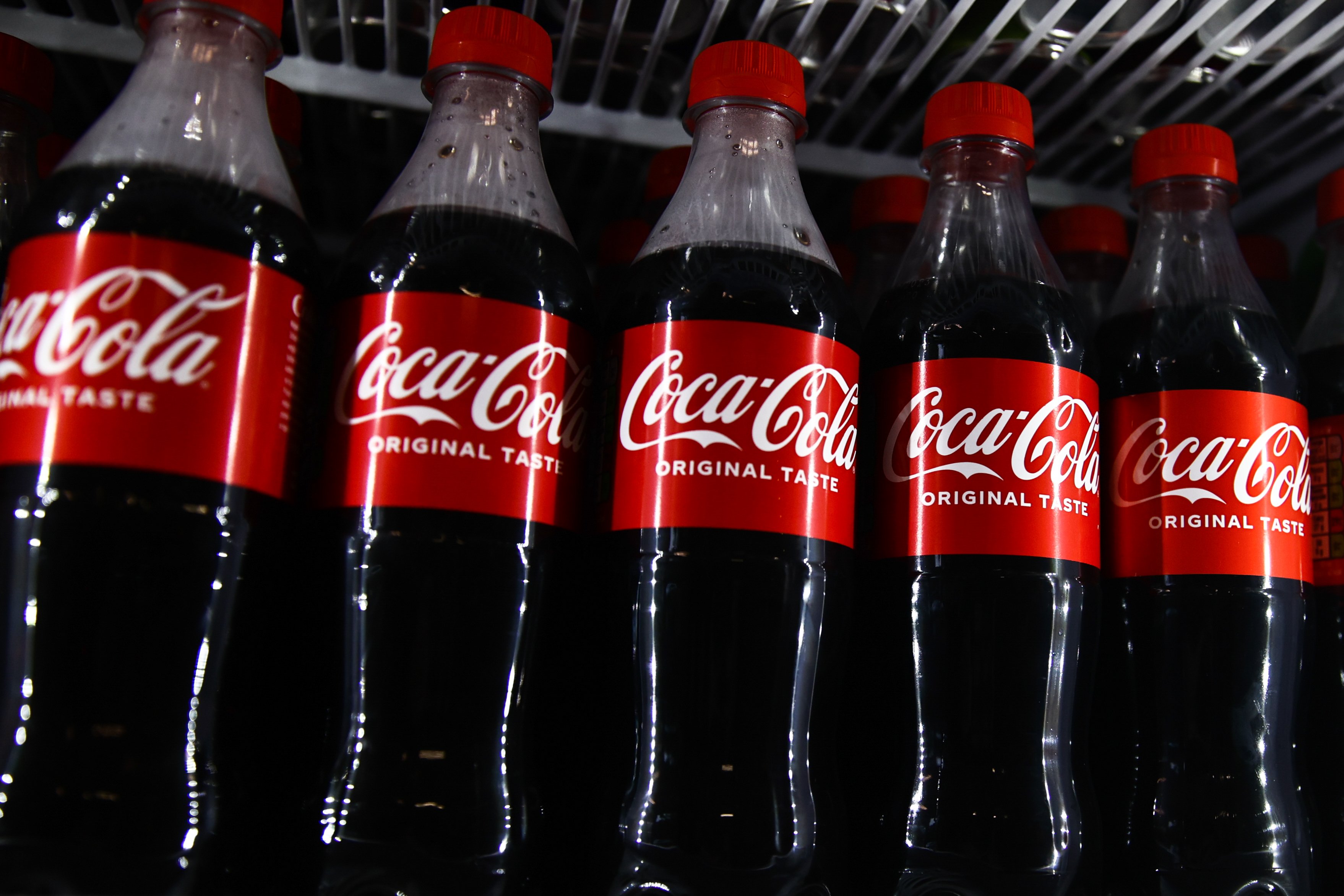You might go to your neighborhood sandwich shop twice a week or even grab a Starbucks latte on a daily basis, but when it comes to brand loyalty, there is nothing quite like your healthcare.
For millions of people with chronic conditions, the brand they know is the only brand they want -- even in cases when a generic version is available with the exact same dosage and effects. Healthcare analyst Kristine Harjes makes a special appearance on Industry Focus: Consumer Goods to discuss brand loyalty in the industry.
A full transcript follows the video.
This podcast was recorded on Nov. 15, 2016.
Vincent Shen: We had talked about branding a little bit and I want to dive into that a little bit more. In terms of my world, consumer retail, people understand how powerful branding can be. Think about a company like Coca-Cola, a chain like Wal-Mart or Amazon, they have obviously built out their models in a way to try and draw you in to be a repeat customer. A report from Bain & Company says that just a 5% increase in retention rate can potentially boost your profits by 25% to 95%. Pretty powerful stuff. At the same time, I noticed -- and we talked about this before the show -- some of the branding in this space is not so much for the companies, like a Coca-Cola overall, but for their specific products. How does that play into the dynamic when somebody goes in for treatment?
Kristine Harjes: I would argue that the power of branding in healthcare might even be stronger than it is in consumer goods. I was going to say not as much on a margin standpoint, but actually, it is, and here's why. There are so many drugs out there that have very devoted patients, particularly for chronic conditions. If you've been taking this forever and ever, and all of the sudden its patent wears off, so a generic version comes out, a lot of patients will actually choose to stick with the branded version. Maybe they don't understand that a generic is literally the same chemical compound, it's identical. Maybe it's just laziness, like, "If I've been taking X drug, that's what works for me." Medicine is not something you want to mess around with. It's not like, "Oh, I usually wear New Balance running shoes, let me try out the new Nike model. Eh, I don't like it, I'll go back." It's very different when you're talking about putting a chemical into your body.
One interesting trend that I have to bring up when talking about generics is the concept of biosimilars, which we have talked about previously on the Healthcare show. They are essentially generic versions of more complex drugs that can't necessarily be chemically synthesized into an exact duplicate. Because of that, they're called biosimilars for a reason. They're similar. And they are, effectively, the same thing, but not exactly. And because they're also very complex to make, they're not as cheap. Generic drugs are maybe 10% of the cost of the brand name. Biosimilars, not so much. You're looking at maybe 40% off, 60% off. So I don't think you're going to see as many people -- and this is a very new thing in the healthcare market, the prominence of biosimilars -- my guess is that you won't see nearly as many people leaving their brand-name drug that they know and love for a biosimilar.
Shen: Yeah. I think, when it comes to whatever medicine you might be taking, it's an innately personal thing. Like you mentioned, for someone who needs treatment for some kind of chronic illness, if you've been taking it for so long and it's something that had a very prominent, visible effect in improving your life and making you feel better, I can totally understand, more than what shoes you wear, what you're drinking, what you're eating, that's going to be something that would be incredibly difficult to break from. Even over-the-counter medicine, and the fact that you see Tylenol, for example, and its off-brand replica, there's a pretty substantial difference in price, but still, in a lot of cases, people reach for the brand name because of the comfort that they get from the fact that they feel like, "That's going to be the quality that I'm expecting," even though it might be exactly the same. And they advertise that on the box. Check the ingredients label of the Tylenol --
Harjes: Right, the store brand will say, "Compare to _______." And you look at the back of the boxes, and it is the same thing. It has to be.





